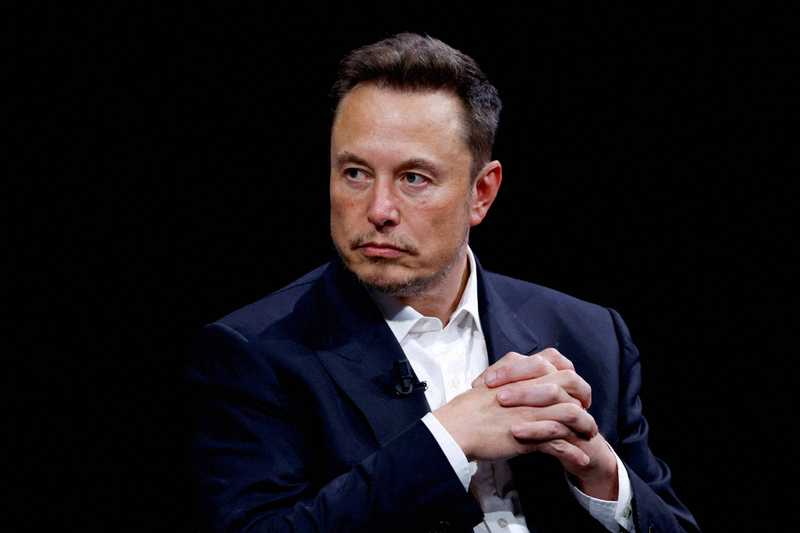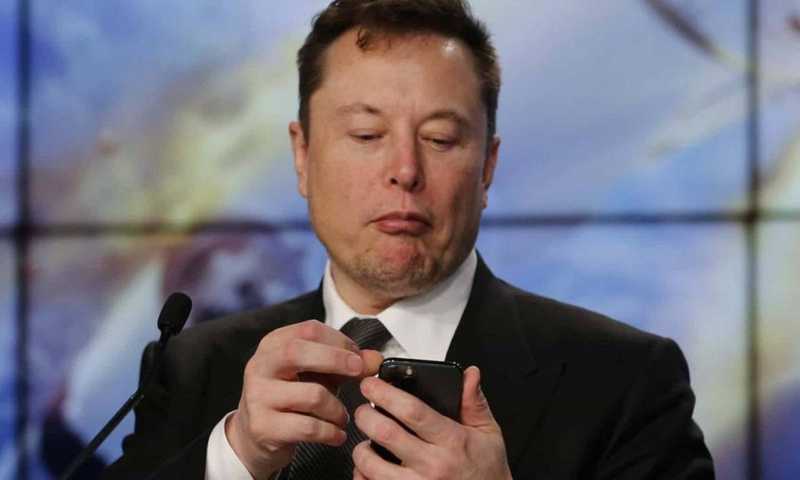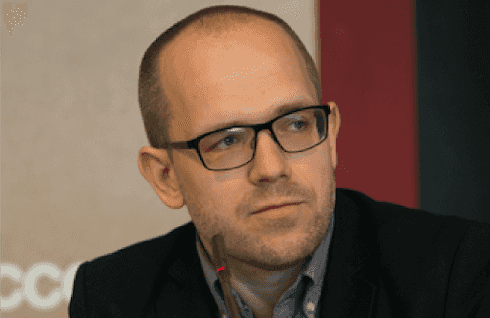
Brasília
More than 50 academics and intellectuals from Argentina, France, the USA, Australia, the UK, Spain, Switzerland, and Italy have co-signed an open letter criticizing pressure from billionaire Elon Musk on Brazil. The letter calls for "all those who defend democratic values" to support Brazil.
The document, obtained by this column, will be made public this Tuesday (17). It is led by prominent economists and authors who are internationally recognized for their work and research on big tech.
The signatories express deep concern over Brazil's digital sovereignty and highlight that big tech companies often "operate like rulers" in the absence of international regulatory agreements governing their activities. They also emphasize that Brazil is at the forefront of the struggle between large technology corporations and those seeking to create a democratic digital space.
"Brazil's dispute with Elon Musk is just the latest example of a broader effort to curtail the ability of sovereign nations to establish a digital development agenda independent of US-based megacorporations," the letter states.
"More than a warning to Brazil, their actions send a troubling message to the world: that democratic countries striving for independence from the dominance of big tech face the risk of having their democracies undermined, with some big techs supporting far-right movements and parties," it continues.
Notable signatories include French economists Gabriel Zucman, Julia Cagé, and Thomas Piketty; philosopher and Harvard Business School professor emerita Shoshana Zuboff; former Argentine Minister of the Economy Martín Guzmán; and MIT professor Daron Acemoglu.
Other supporters include Italian economist Francesca Bria, North American political economist and general coordinator of Progressive International David Adler, Indian economist Jayati Ghosh, Belarusian researcher and writer Evgeny Morozov, and anthropologist Jason Hickel.
The text argues that big tech companies not only dominate the digital realm but also lobby and act against independent agendas set by public authorities. "When their financial interests are threatened, they willingly collaborate with authoritarian governments," the document notes.
The signatories urge Brazil to remain steadfast in implementing its digital agenda and to report any pressure against it. They also call on the United Nations to support these efforts. "This is a crucial moment for the world," they emphasize.
Elon Musk is mentioned by name in the letter. He owns X (formerly Twitter), which has been suspended in Brazil since August 31 by order of Supreme Federal Court (STF) Minister Alexandre de Moraes.
The platform was taken offline after repeatedly failing to comply with court orders, such as removing profiles and posts deemed to contain criminal attacks on Federal Police (PF) delegates.
Read the full letter below:
"Against Big Tech's Attack on Digital Sovereignties"
We, the undersigned, express our profound concern regarding the ongoing attacks by Big Tech companies and their allies on Brazil's digital sovereignty. Brazil's dispute with Elon Musk exemplifies a broader attempt to limit the capacity of sovereign nations to pursue a digital development agenda free from the control of US-based megacorporations.
At the end of August, the Brazilian Supreme Court banned X from Brazilian cyberspace for defying court orders, demanding the suspension of accounts that incited far-right extremists to occupy the Legislative, Judicial, and Executive headquarters on January 8, 2023. Subsequently, President Lula da Silva clarified the Brazilian government's goal of achieving digital independence: reducing the country’s reliance on foreign entities for data, AI capabilities, and digital infrastructure, while fostering the growth of local technological ecosystems. In line with these objectives, the Brazilian state also aims to hold big tech companies accountable by ensuring they pay fair taxes, adhere to local laws, and address the social consequences of their business models, which often propagate violence and inequality.
These initiatives have faced resistance from X’s owner and far-right leaders, who criticize democratic governance and freedom of speech. However, in a digital space lacking internationally agreed-upon regulatory frameworks, big tech companies act as de facto rulers, determining what content is moderated and promoted on their platforms.
Moreover, X and other companies have started coordinating with allies, both domestic and international, to undermine Brazil's efforts towards technological autonomy. Their actions, more than just a warning to Brazil, send a troubling message globally: that democratic nations seeking independence from big tech risk having their democracies destabilized, with some tech giants supporting far-right movements and parties.
Brazil has become the frontline in the evolving global struggle between large technology corporations and those aiming to create a democratic, people-focused digital space that prioritizes social and economic development. Big tech companies not only control the digital realm but also lobby and act against the public sector’s ability to establish an independent digital agenda that aligns with local values, needs, and aspirations. When their financial interests are at stake, they willingly collaborate with authoritarian regimes. What is needed is a digital space where states can direct technology, prioritizing people and the planet over private profit or unilateral state control.
All those who uphold democratic values should stand with Brazil in its quest for digital sovereignty. We demand that big techs halt their attempts to obstruct Brazil’s initiatives aimed at building independent capabilities in artificial intelligence, digital public infrastructure, data management, and cloud technology. These efforts undermine not only the rights of Brazilian citizens but also the broader aspirations of all democratic nations for technological sovereignty.
We also call on the Brazilian government to remain firm in executing its digital agenda and to expose the pressures it faces. The United Nations and governments worldwide must back these efforts. This is a pivotal moment for the global community. An independent path to reclaiming digital sovereignty and control over our public digital sphere is urgently needed. There is also an immediate need to establish, within the UN framework, basic principles for the transnational regulation of digital services, fostering digital ecosystems that prioritize people and the planet over profit, to prevent this Big Tech encroachment from becoming commonplace in other regions.
Translated by Lara , Fabian Aruquipa and ProZ Pro Bono
Traduzido por Lara Trainotti, Fabian Aruquipa e ProZ Pro Bono



